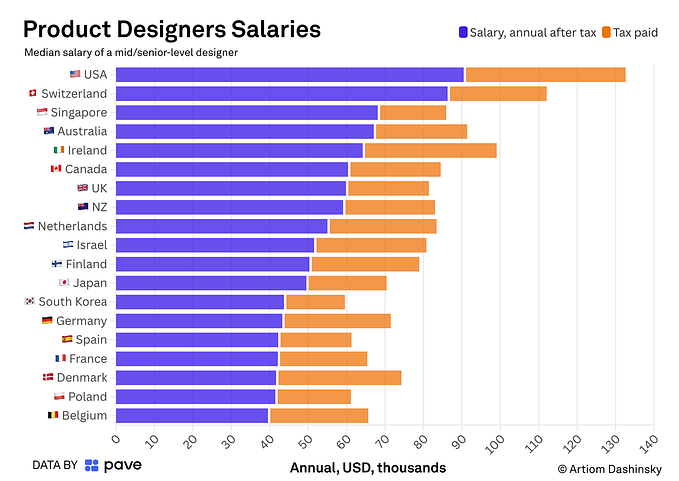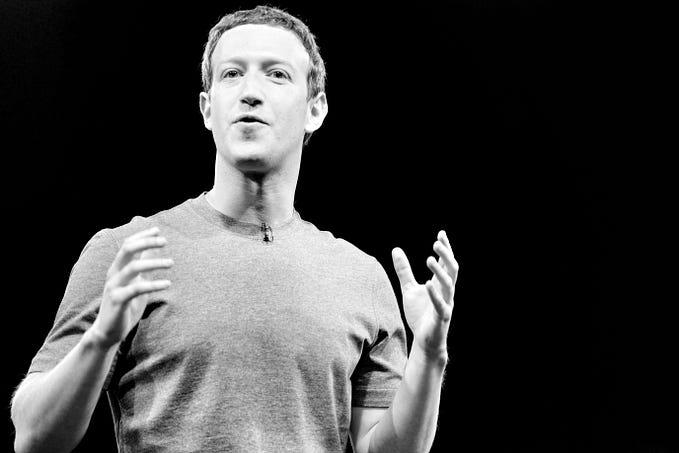Member-only story
The Sharing Economy — Designing for Trust

About a month ago, I developed an odd little liking for the sharing economy. But, when I first started with some basic research, I was under the assumption that the sharing economy was a new and novel concept built in the minds of creative geniuses like the founders of Airbnb, Lyft and TaskRabbit.
Boy was I wrong.
Sure these people are creative geniuses. But the sharing economy is far from new. It’s derived from things like the barter system, renting, lending and swapping. It has merely been cemented into the new age through the influences of tech and social media.
But it has changed the way that we interact with the world.
Back in the early 2000s, saying that you were gonna spend a week in a strangers home would have sounded insane. In fact, at the end of 2014 there were 13,098 listings in London on Airbnb. Today that figure is around 77,000. That’s an increase of almost 600 per cent.
And in the past, hotels weren’t just a symbol of money or status. It was verified and trustworthy — built on culture and tradition. It was something you could rely on.
But now, we are willing to place our comfort in the hands of a stranger. We’re willing to meet people we interact with on a 5-inch screen.










